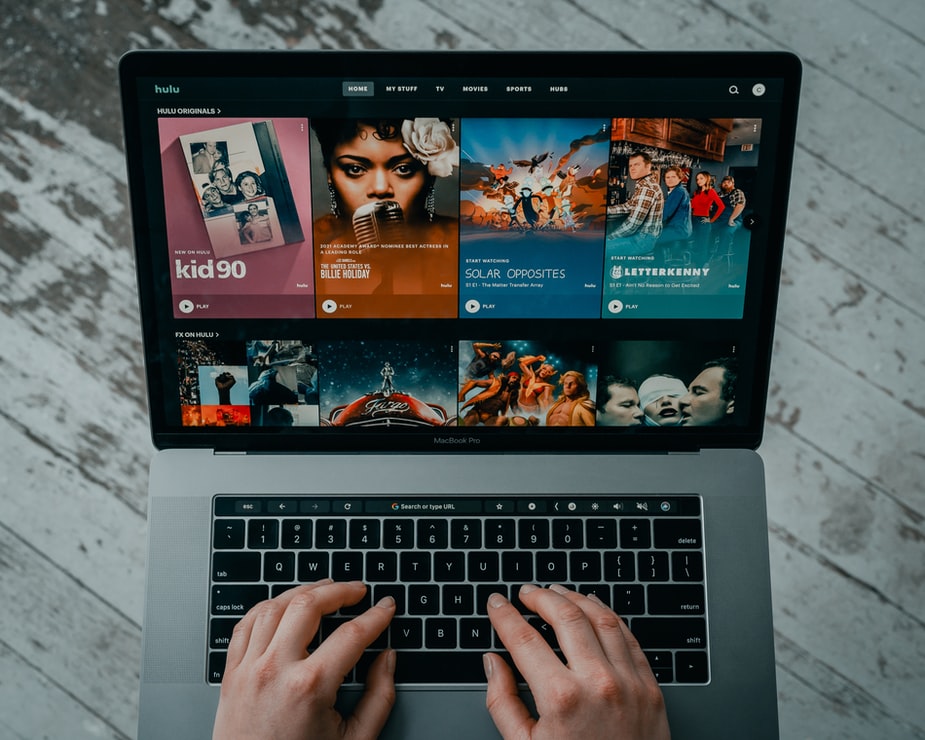Some people refer to a therapist as a “paid friend.” That’s not what seeing a counselor is about at all. Instead, working with a therapist gives you the opportunity to receive emotional support. You’re seeing someone who is empathetic and objective about your mental health. When you see a therapist is vastly different from speaking to a friend. Friends, family, and loved ones have a variety of motivations when they give you advice. Your loved ones may mean well, but they’re not objective. They know things that are going on in your life and have known you for a long time. A therapist is someone who can give you an objective perspective, and they have no dog in the race. Their role is to provide unconditional emotional support. Whereas, with a friendship, your friend expects you to reciprocate the support they give you. Here are ways that therapists and friends differ and why seeing a therapist matters.
Your therapist is there for you
Seeing a therapist is a special thing. Your therapist is there for you no matter what happens. They’re not asking for support for themselves. They want to help you. And that is why mental health professionals are so important. When you go to see a doctor, you expect them to diagnose your health issues. You’re not there to support your doctor or find out what’s going on with their health. It’s the same concept for a therapist. Your mental health professional is there to help you with your problems. It’s a wonderful feeling to have a dedicated support person. And that’s why it’s crucial to remember that working with a therapist is unique. It’s a relationship where you can expect unconditional support. Your therapist will not judge you or abandon you. They’re there for you.
Your therapist wants to see you grow
Sometimes friends, family, and loved ones want to reassure you and make you feel better. They have good intentions, but they’re not giving you the best advice. They may placate you. Sure, you may have a friend that could give you tough love. But, that’s not the same as working with a therapist. A mental health professional is trained to identify deep psychological issues and help clients through specific problems. Your friend doesn’t have that training. Even if they are a professional therapist, they shouldn’t be treating you because they’re not your therapist. Their role is your friend. It’s best to stick with your mental health professional when you want to work through issues such as life transitions, depression, anxiety, or anything related to mental health. Keep your friends in their role and your therapist in their position.
Therapists keep your secrets confidential
As much as your friends want to help, they’re not obligated to keep your secrets safe. There’s a chance that your loved ones will spread your information to others or gossip about you. Of course, some loyal friends can keep secrets. But, you know that with a therapist, they’re dedicated and obligated by law to keep your information confidential. They take that role seriously. You don’t have to worry about your personal information being spread to others. As long as you don’t intend to harm yourself or others, your therapist has to keep what you say in the session private.
It’s your therapist’s job to help you, and you don’t have to help them
Your therapist is there to work through any problems or life challenges you have. They’re dedicated to finding out what’s bothering you and help you understand how to cope with those issues. They want to teach you coping skills so you can take care of yourself better. Sometimes with friends, you may feel guilty because you’re taking up their time talking about your problems. You don’t have to feel guilty about talking to your therapist about your problems because that’s their job. They’re there to listen to you, and they don’t expect you to reciprocate.
Talking to an online therapist
You might consider speaking to an online therapist to get insight into your problems. They can provide you with emotional support as well. It’s easy to connect with a therapist online. You can talk to a mental health professional at a company like BetterHelp.com. A therapist is not a paid friend. They’re a mental health professional dedicated to helping you with your problems. Treasure the relationships you have with your friends. And Keep the connection with your therapist as someone who wants to see you grow emotionally.
-
Acting - 0/10
0/10
-
Cinematography/Visual Effects - 0/10
0/10
-
Plot/Screenplay - 0/10
0/10
-
Setting/Theme - 0/10
0/10
-
Watchability - 0/10
0/10
-
Rewatchability - 0/10
0/10












